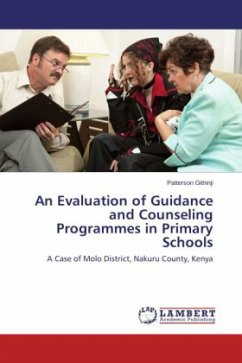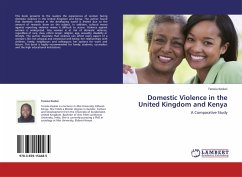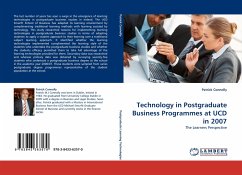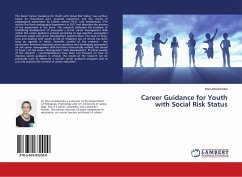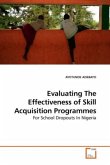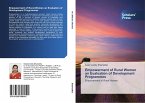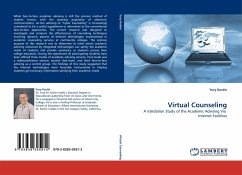Guidance and counselling in Primary schools in Kenya can be traced back to 1963 when the country gained its independence. Guidance and counselling was then introduced in schools for the purpose of career development of all learners and integration or cohesion of citizens. Two decades later, problems in schools were compounded by ethnic clashes which locked the country in 1992, 1997, 2002 and the worst in 2007/2008. UNICEF and other agencies of United Nations Organization (UNO) acknowledged this by conducting many workshops and short time courses for teachers and youth volunteers in conflict management and counselling. This study was an evaluation of counselling programmes Molo District. Out of 65 primary schools in the District, a probability sample of 25 schools has been decided to represent urban, rural, boarding and both mixed and single sex schools. Finally the research sought to explain strengths, weakness, threats and opportunities within the district, regarding the future of guidance and counselling in primary schools.

